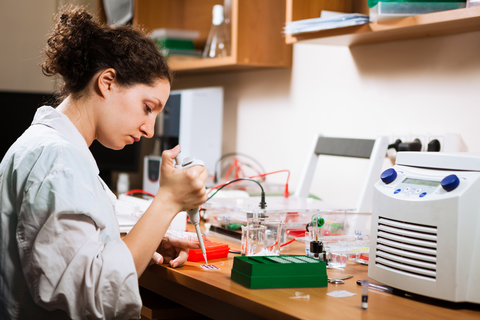Project to increase the resilience of dairy farming

Scientists are part of a major new project that aims to make the UK dairy industry more sustainable and resilient.
The University of Liverpool has reported that it is working together as part of the N8 AgriFood programme. A team of researchers from the Universities of Newcastle, Leeds and Liverpool will look at issues around environmental impact, animal health and farmer incomes in a post-Brexit UK. The £1.5m project being is being funded through the UK’s Global Food Security programme and will involve collaboration with a range of stakeholders in the dairy industry.
Professor Diana Williams, from the University’s Institute of Infection and Global Health, said “We are very excited about this project. It builds on the University of Liverpool’s strengths in food systems, infectious diseases and socio-economics. We will work with dairy farmers to investigate the relationship between managing the environment and changing disease risk while improving dairy sector resilience, to maintain long term milk supplies for consumers at reasonable prices.”
Professor Mark Reed, who is leading the project from the University of Newcastle, said “The project is about balancing competing demands and pressures in the industry. We aim to explore innovative ways of making dairy systems better for the natural environment and for farmers’ livelihoods, while maintaining long term supplies for consumers at reasonable prices, at a time of unpredictable challenges like climate change.”
Collaborators will include Nestle, Business in the Community, the Rivers Trusts, Innovation for Agriculture, 3Keel, Game and Wildlife Conservation Trust, Catchment Sensitive Farming, FirstMilk and other stakeholders in the dairy industry and government. The project is part of a wider £4.9m investment to further increase resilience and sustainability of the UK food system and was driven forward by the UK’s Global Food Security programme, with funding from the BBRSC, ESRC, Natural Environment Research Council and Scottish Government.
Science Minister, Jo Johnson, said “The Global Food Security programme is an excellent example of interdisciplinary research, bringing together a range of expertise across the biological, environmental and social sciences to address the many uncertainties facing the UK’s food system. Research is a vital part of our Industrial Strategy, and by increasing funding in this area we are helping ensure the future security of the UK food sector, while reinforcing our position as a world leader in science and innovation.”








